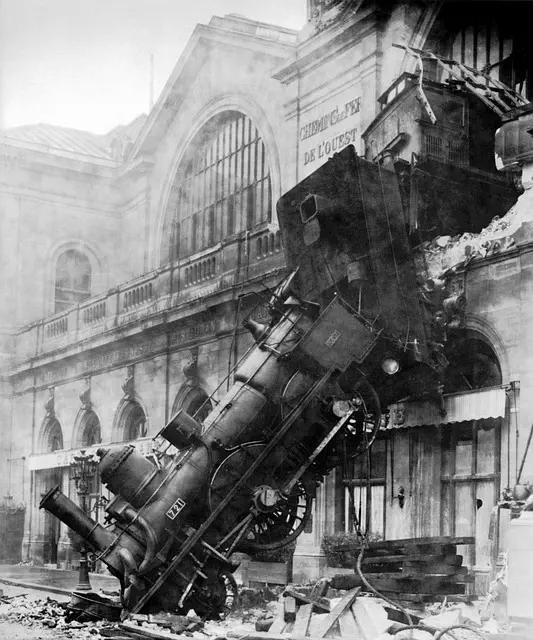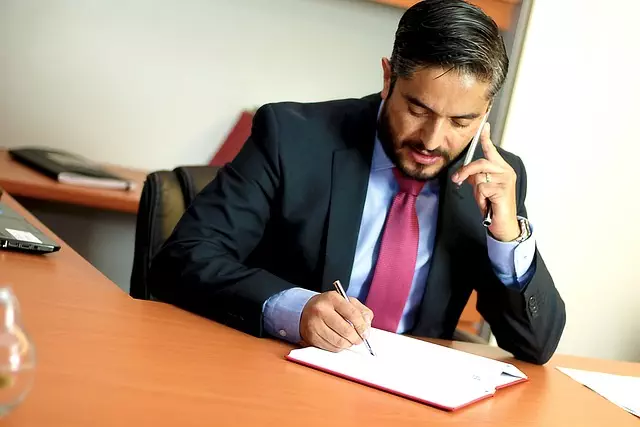In Manhattan, where medical malpractice cases involving traumatic brain injuries (TBI) are complex, a skilled Queens traumatic brain injury lawyer is crucial. These attorneys navigate medical and legal aspects, utilizing expertise in brain injury diagnostics and treatment to prove negligence. They examine medical records, enlist expert witnesses with specialized neurology knowledge, and present compelling evidence for fair compensation within Manhattan's diverse healthcare ecosystem. Expert witnesses demystify technical aspects for jurors, establishing causation between medical actions and harm, pivotal for TBI plaintiffs. Effective communication with these experts is key to successful outcomes in such complex cases.
In Manhattan, navigating medical malpractice cases requires a deep understanding of complex legal and medical nuances. Expert witnesses play a pivotal role in these proceedings, offering impartial analyses that can sway verdicts. This article delves into the intricacies of medical malpractice in Manhattan, focusing on the crucial role of expert witnesses, particularly in Queens traumatic brain injury lawsuits. We explore qualifications, communication strategies, and the significance of their testimony, providing insights for both legal professionals and clients.
- Understanding Medical Malpractice Cases in Manhattan
- The Role of Expert Witnesses in Legal Proceedings
- Qualifications and Expertise Required for Medical Malpractice Testimony
- Strategies for Effective Communication with Experts in Queens Traumatic Brain Injury Lawsuits
Understanding Medical Malpractice Cases in Manhattan

Medical malpractice cases in Manhattan, especially those involving traumatic brain injuries, require a nuanced understanding of both medical and legal complexities. These cases often arise from errors or omissions on the part of healthcare professionals, leading to adverse outcomes for patients. A Queens traumatic brain injury lawyer plays a pivotal role in navigating these intricate matters. They possess specialized knowledge about brain injury diagnostics, treatment protocols, and the standard of care expected from medical practitioners.
By scrutinizing medical records, consulting with experts, and gathering compelling evidence, these legal professionals can demonstrate negligence and its direct impact on the victim’s life. Manhattan’s legal landscape, with its dense population and diverse healthcare institutions, presents unique challenges and opportunities for such cases, making expert witness testimony invaluable in securing justice and fair compensation for individuals suffering from medical malpractice-related traumatic brain injuries.
The Role of Expert Witnesses in Legal Proceedings

Expert witnesses play a pivotal role in legal proceedings, especially in complex cases like those involving medical malpractice. In the context of a Queens traumatic brain injury lawyer, for instance, an expert witness can provide crucial insights and analysis that may be difficult for jurors to grasp without specialized knowledge. These professionals offer impartial opinions based on their extensive training and experience, helping to clarify technical aspects and guide the legal process.
By offering evidence-based testimony, expert witnesses enhance the fairness and accuracy of trials. They help establish causation between a medical professional’s actions (or inactions) and the resulting harm, which is often critical for plaintiffs seeking compensation for injuries like traumatic brain injuries. Their role is to ensure that legal decisions are informed by relevant expertise, ultimately strengthening the integrity of the justice system.
Qualifications and Expertise Required for Medical Malpractice Testimony

In the realm of medical malpractice litigation, expert witnesses play a pivotal role in presenting complex medical issues to juries. When it comes to traumatic brain injuries (TBI), the qualifications and expertise required from a witness are exceptionally critical. A Queens traumatic brain injury lawyer often relies on experts with specialized knowledge and hands-on experience in neurology, neuroscience, or related fields.
These professionals must possess the ability to interpret medical records, conduct comprehensive assessments, and offer impartial opinions on the standard of care, negligence, and causation. Their expertise should encompass not only the understanding of various TBI diagnoses but also the latest research, treatment modalities, and rehabilitation techniques. This level of proficiency ensures that testimony is accurate, reliable, and persuasive, ultimately aiding in achieving just outcomes for clients.
Strategies for Effective Communication with Experts in Queens Traumatic Brain Injury Lawsuits

Effective communication with medical experts, especially in complex cases like Queens traumatic brain injury lawsuits, is paramount for a successful outcome. Queens tramatic brain injury lawyers should employ strategic approaches to ensure clear understanding and compelling presentation of evidence. One key strategy is thorough preparation; reviewing medical records, studying relevant research, and understanding the mechanics of traumatic brain injuries are essential steps before engaging with experts. This knowledge allows attorneys to ask insightful questions tailored to the expert’s area of expertise, fostering a productive dialogue.
During interactions, maintaining open lines of communication is crucial. Encourage experts to elaborate on their findings, offering opportunities for clarification or further inquiry. Active listening demonstrates respect and enables lawyers to unearth valuable insights that could strengthen the case. Visual aids and simplified language can also bridge any communication gaps, ensuring even complex medical concepts are comprehensible in a legal setting.
In navigating Manhattan’s medical malpractice landscape, particularly in cases involving Queens traumatic brain injury lawsuits, expert witnesses play a pivotal role. Understanding their qualifications and effective communication strategies is key for achieving favorable outcomes. By leveraging the knowledge of these professionals, plaintiffs’ attorneys can provide compelling evidence, strengthen their cases, and ultimately advocate for the rights of those harmed by medical negligence.
